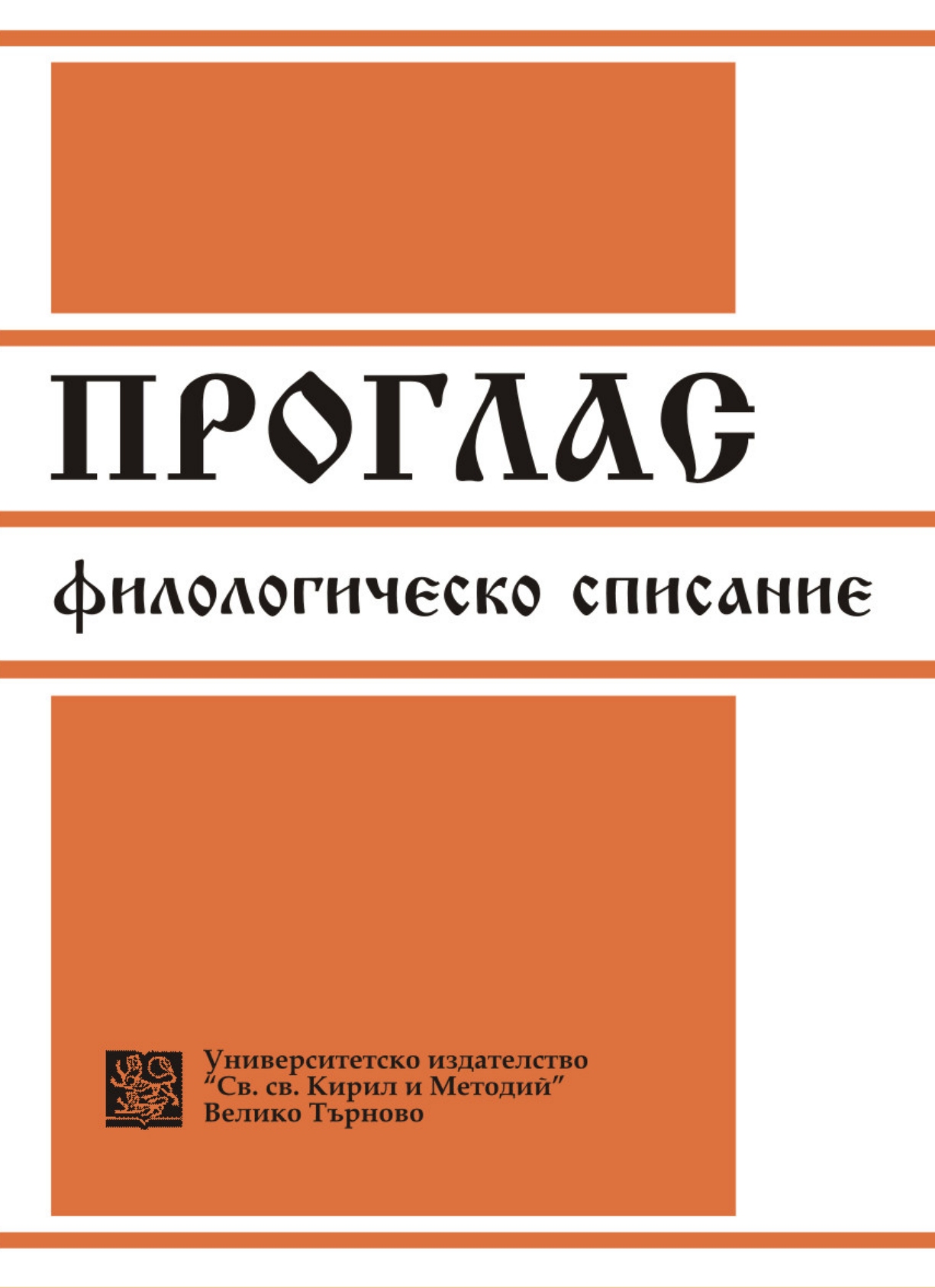Метафората „турско робство“ – концепт на националната култура
The Metaphor of “Turkish Yoke” – a Concept of Bulgarian National Culture
Author(s): Strashimir TsanovSubject(s): History, Language and Literature Studies, Theoretical Linguistics, Studies of Literature, Special Historiographies:, Semantics, Bulgarian Literature, The Ottoman Empire
Published by: Великотърновски университет „Св. св. Кирил и Методий”
Keywords: concept; metaphor; term; Turkish slavery; nation; historical memory
Summary/Abstract: The article deals with the role of the “Turkish yoke” metaphor in historiography, history textbooks, and Bulgarian national culture. The analysis leads to the conclusion that “Turkish yoke” is not the most suitable term for naming the historical period during which Bulgarians had no state of their own for nearly five centuries. Although historically imprecise, the metaphor is defined as an important concept of national culture, representing the mindset of the Bulgarian elite during the High Renaissance period. The understanding of the historical logic behind the term “Turkish yoke” is very important for preserving correct historical memory of the events of the third quarter of the nineteenth century. The text concludes that the “Turkish yoke” metaphor symbolizes the nоn-slave consciousness of those Bulgarians who had accepted the ideas of national revolution.
Journal: Проглас
- Issue Year: 26/2017
- Issue No: 2
- Page Range: 255-261
- Page Count: 7
- Language: Bulgarian

